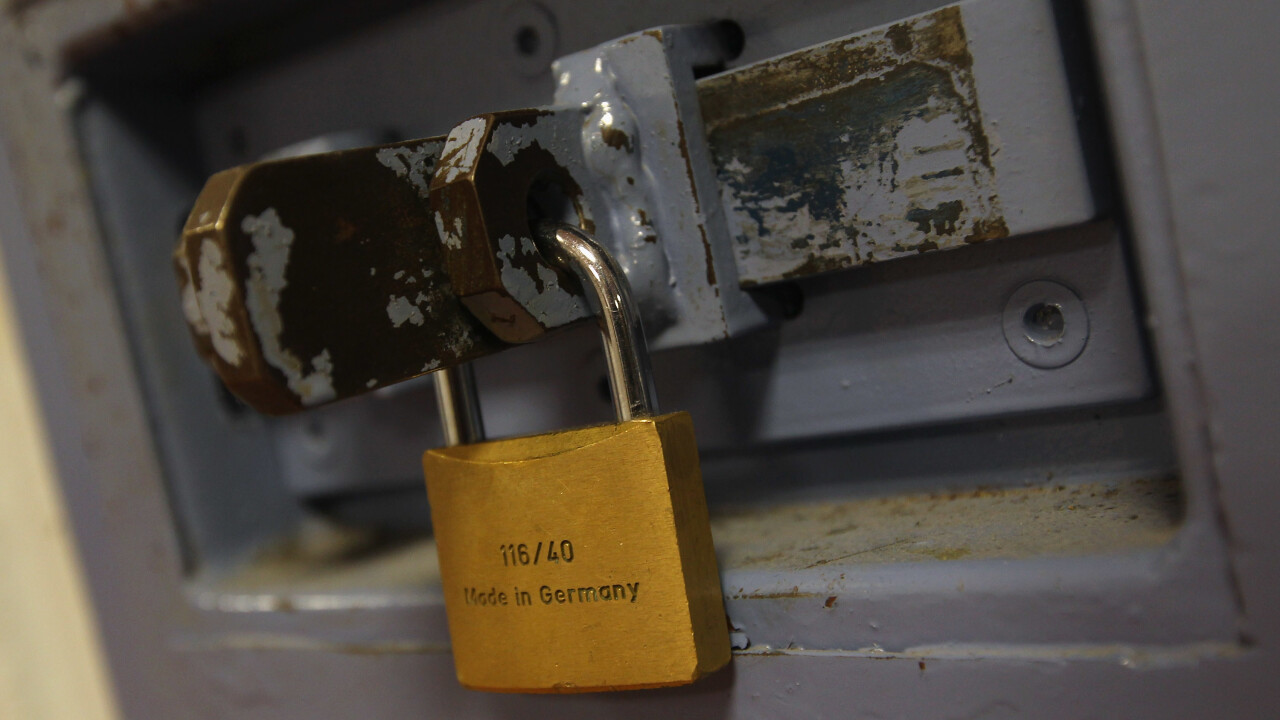
Twilio announced today the addition of two-factor authentication to its account portal. In an effort to keep up with the recent trend of heightening security in the face of hacking attempts, the cloud telephony service is looking to help better protect developers and those in the enterprise from unwanted intrusions.
The company says that the security measure is not required, but it is there as an option. Users can log into their Twilio account and enable the two-factor authentication process. Once done, every time they log in, they’ll be prompted to enter not only their username and password, but also a verification code that will be sent to them via Twilio SMS.
Users can choose to have verification codes be required once every 30 days or every time someone attempts to log in.
Two-factor authentication is not new for the tech services. Google has had this measure around for a while and we saw Cloudflare, Twitter, Evernote and other companies add it to their security arsenal recently.
Twilio’s implementation of two-factor authentication doesn’t appear to come out of any reported hacking attempt. However, as it moves deeper into the enterprise where large firms begin to depend on its product, having beefed up security is critical — after all, no one wants to use a service where security is basic and is far below what is expected of a Fortune 500 company expects, right?
Today’s move comes more than a month after it raised a $70 million Series D round of funding. It’s rumored that the company will go public, although it has denied any interest in doing so for a while.
Photo credit: Sean Gallup/Getty Images
Get the TNW newsletter
Get the most important tech news in your inbox each week.






